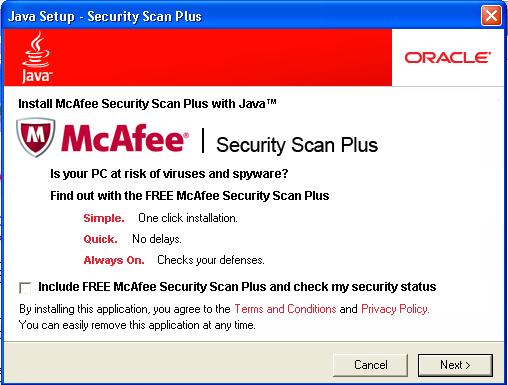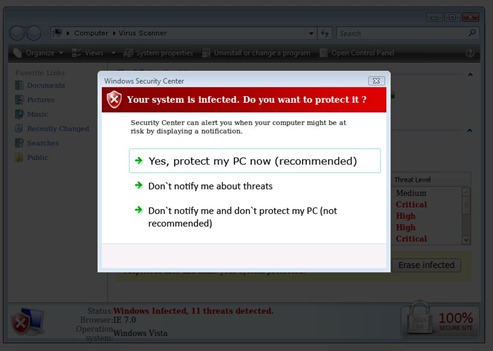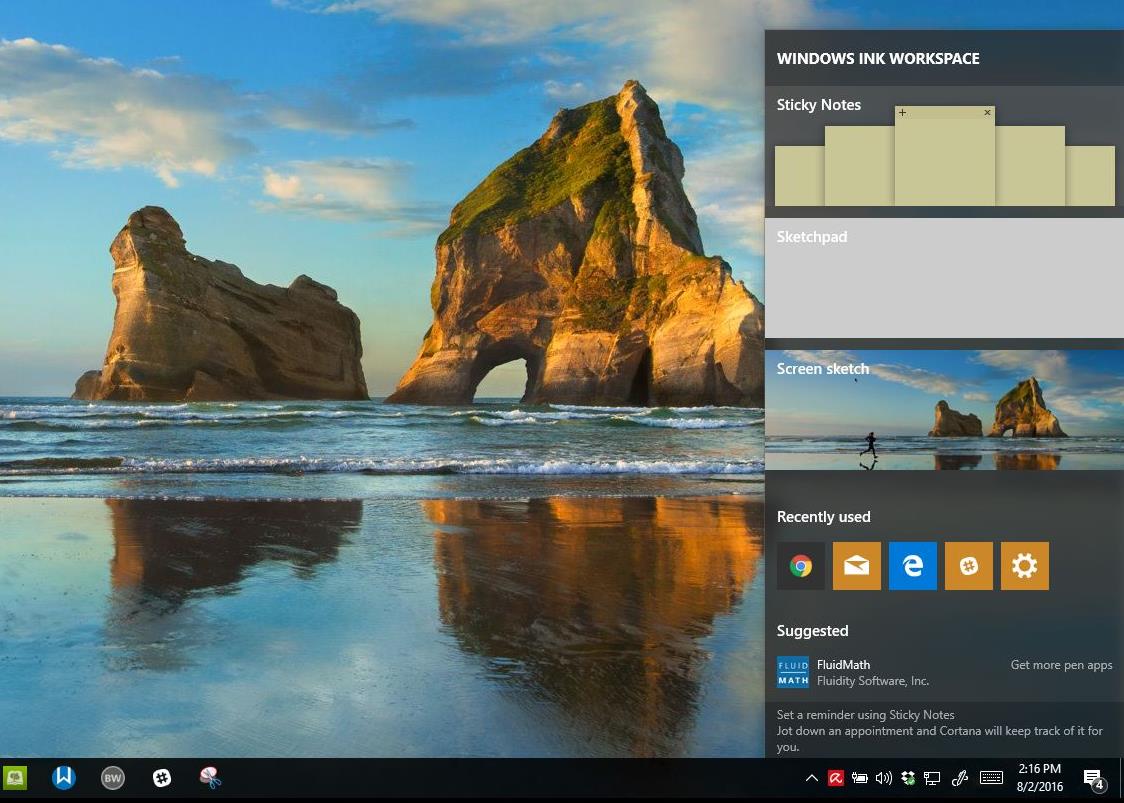Java updates are really taking it too far these days. This weekend I had to help my in-laws update their computer. They had received an unfamiliar popup telling them to install an antivirus program they went familiar with. Thankfully they had listened to my advice and closed what they thought was an attempt to install malware on their computer.
Java antivirus install attempt
I sat down to see what was up and was greeted with a Java update, one of the many that are pushed each week. Unlike the past Java update notifications which merely tried to install some pointless browser toolbar, this version tried to install a Mcafee Antivirus tool — even though they had an active antivirus program and had been told to ignore unrequested antivirus installation attempts.
Fake antivirus popup
The really sad thing is that because Java and Mcafee are trying to make money by plying a “free” scan, they are actually making it harder for average users to stay safe while surfing the web.
There are two possible outcomes, neither of which are good to the new Java update notifications;
- First, users who see the prominent antivirus message in the Java update will do what they have been taught and ignore it. This means an unsecure Java installation.
- Second, users might install the update and in doing so inadvertently install a second antivirus program which will slow down their computer and likely ask them for money down the road, just like real malware does.
If these Java updates continue to try to push these anti virus installations in updates, then the company is just as bad as the fake anti-virus programs that get by tricking users into installing applications they don’t want and eventually purchasing a full version.
Have you cancelled a Java update because you thought it was a malicious installation?




